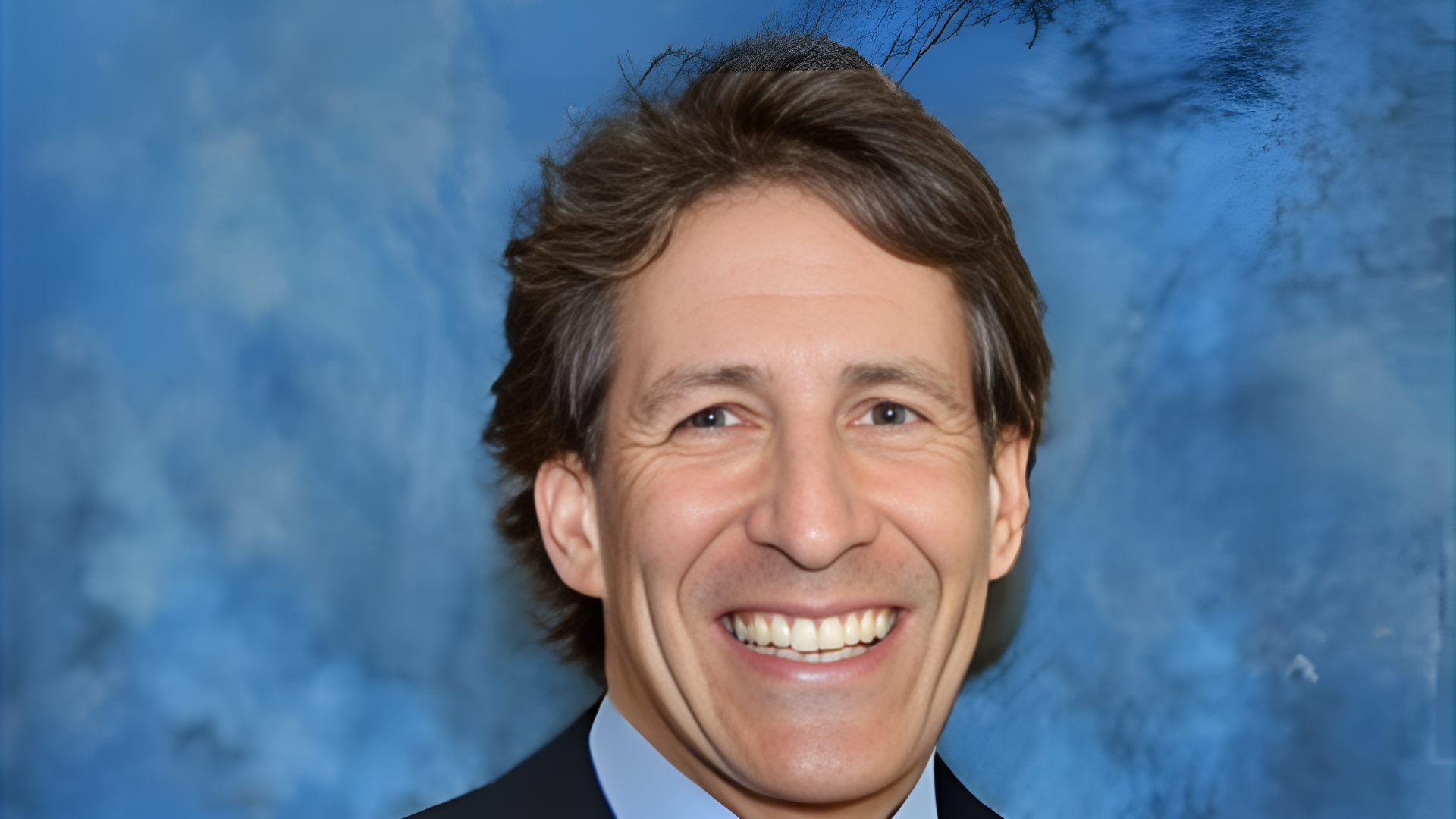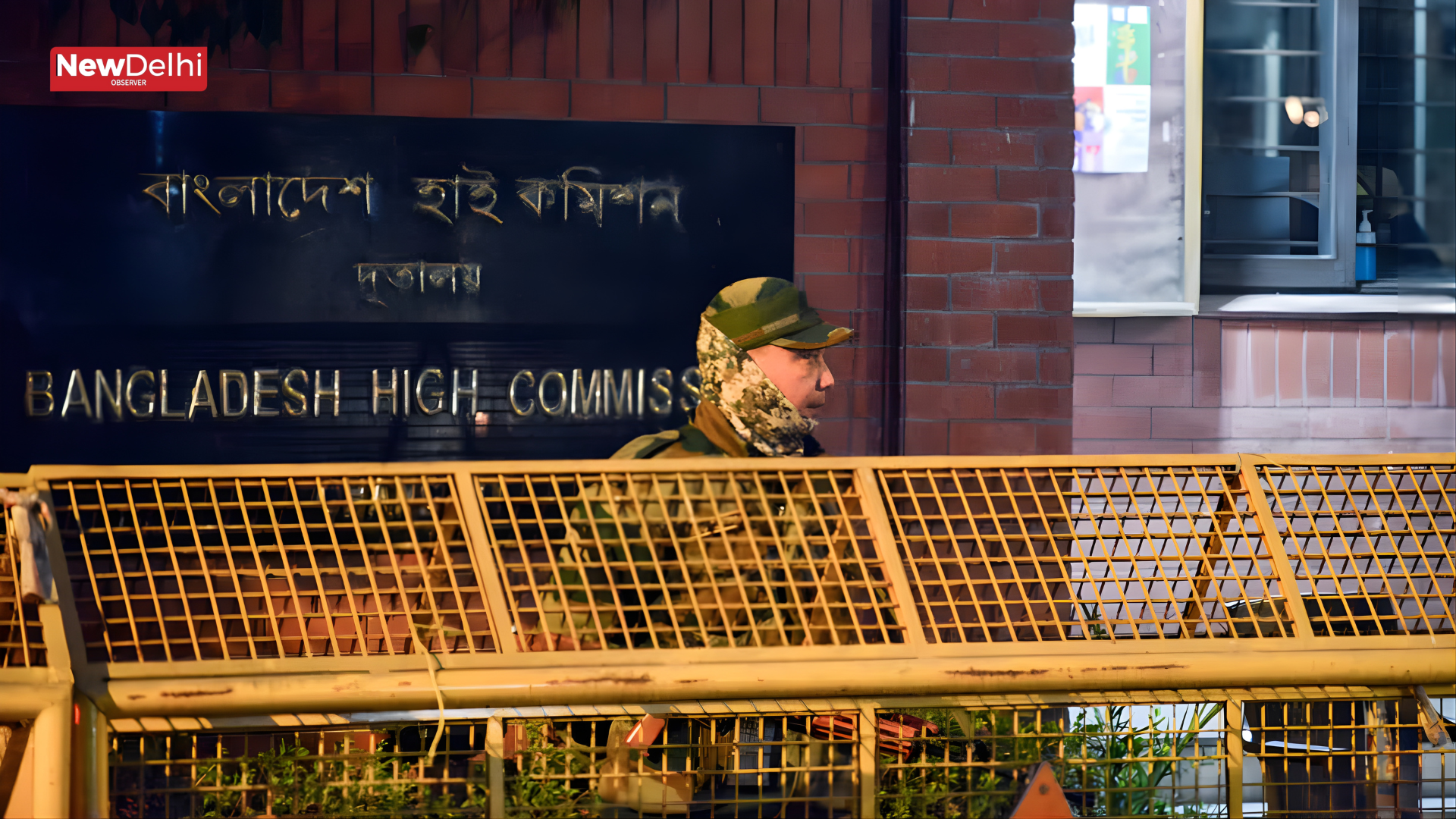Background of the Accusations
In a heated debate during the final session of the Delhi Assembly, Chief Minister Arvind Kejriwal made serious allegations against the central government. He accused the BJP-led administration of being ineffective in combating the escalating drug issue in the national capital. Kejriwal, who is also the leader of the Aam Aadmi Party (AAP), claimed that illegal drugs were rampant in Delhi. He specifically pointed out that a substantial amount of these narcotics allegedly comes from Gujarat.
Key Points from the Assembly Session
The debate centered around the rising sale and consumption of drugs in Delhi. AAP legislator Rohit Kumar from Trilokpuri initiated the discussion under Rule 55. During this exchange, Kejriwal expressed deep concern over the deteriorating law and order situation in the city. He placed the blame squarely on the central government for neglecting its obligations to ensure safety and security for Delhi’s residents.
Kejriwal highlighted that drug sales are occurring “everywhere” in Delhi. This assertion indicates how pervasive the problem has become. He argues that the lack of action by the Centre has exacerbated this critical issue, making it harder for Delhi to manage its public safety.
Kejriwal’s Personal Experience
In his statements, Kejriwal also reflected on his own experiences while serving as Delhi’s Chief Minister. He recalled facing pressure to transfer the city’s electric distribution companies to business tycoon Adani. This comment aimed to connect corporate interests with the political landscape, suggesting that outside influences may play a role in governance.
The Chief Minister’s choice to bring this up was strategic. He wanted to illustrate a broader pattern of governmental negligence and complicity in various sectors, including drug trafficking. This personal touch helped humanize his argument, making his frustration more relatable to the audience.
Response from the BJP
The BJP quickly rejected Kejriwal’s claims. They dismissed them as “exaggerated” and unsubstantiated. This dismissal is expected, given the ongoing political rivalry between AAP and the BJP. The confrontation over drug trade effectiveness is just one of many contentious issues that the two parties have clashed over in recent years.
The Bigger Picture
This assembly session served as yet another reminder of the growing tension between the AAP and the BJP regarding governance in Delhi. The accusations regarding drug trade are not merely claims but part of a larger narrative surrounding safety, law enforcement, and public accountability. The Centre’s responsibility in these matters has been a contentious topic for some time.
The drug trade in Delhi has long been a pressing issue. As the city continues to grow, the problems related to illegal drugs and their distribution have become even more complex. Many citizens are concerned about the implications of rising drug use and sales in their neighborhoods.
Public Concern
Residents of Delhi are increasingly worried about how drug-related activities affect their safety and well-being. The prevalence of drugs can lead to various social issues, including violence and crime. Parents are particularly concerned about how drugs may impact their children and the youth in the community.
Kejriwal bringing this issue into the Assembly raises public awareness about the urgent need for action. People want more than just political rhetoric; they are looking for tangible solutions to this troubling issue. Calls for better policing and governance are becoming louder, as residents demand accountability.
Looking Ahead
As the winter session of the Delhi Assembly came to a close, it became evident that political tensions will likely continue to rise. The blame-game strategy employed by both AAP and BJP is not new. However, the stakes are higher than ever with the growing drug menace.
Future discussions in the Assembly will undoubtedly continue to focus on law enforcement and accountability in tackling drug trafficking. While politicians may differ in their approaches, the public is united in their desire for safer streets and effective governance.
The ongoing conflict between AAP and BJP over these issues suggests that this story is far from over. Both parties will likely seek to influence public opinion as they prepare for the next election cycle. For now, the people of Delhi watch and wait, hoping for a resolution to the serious challenges they face concerning drug activity in their city.




